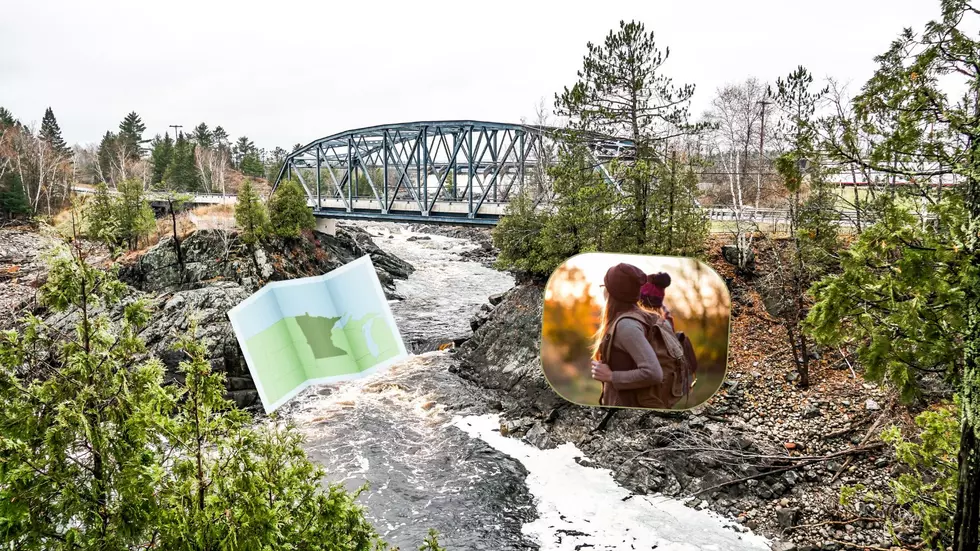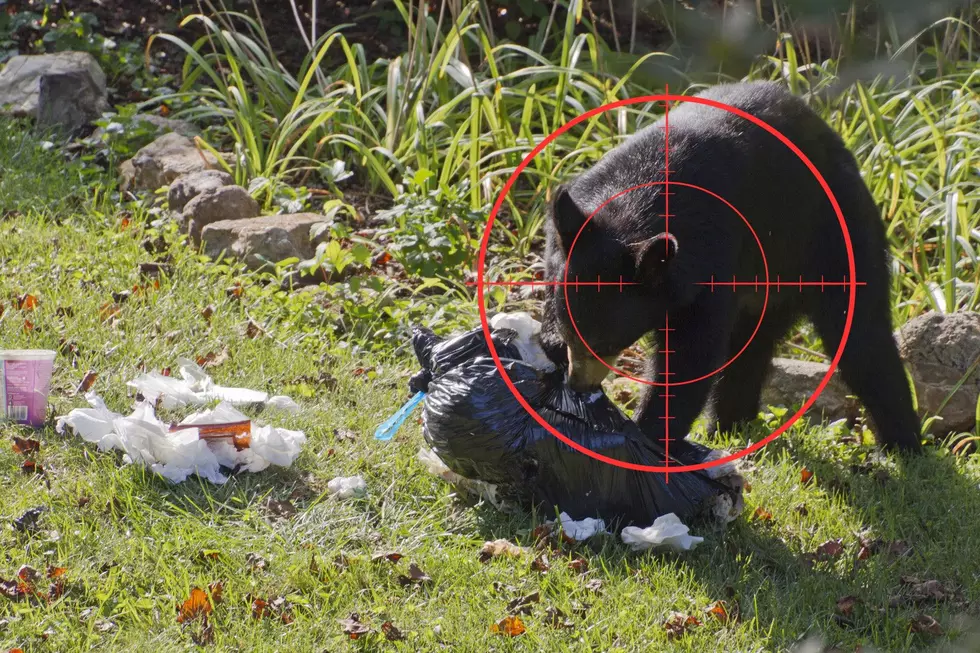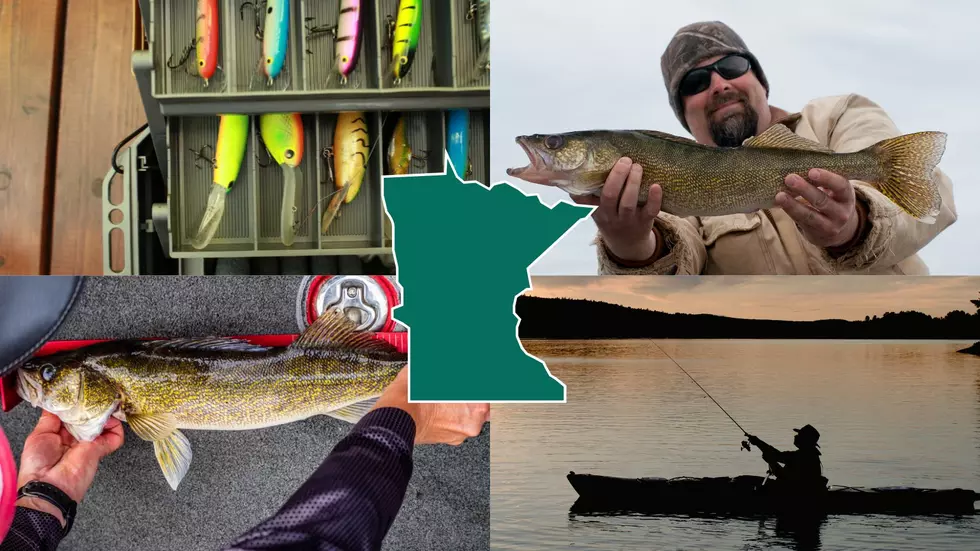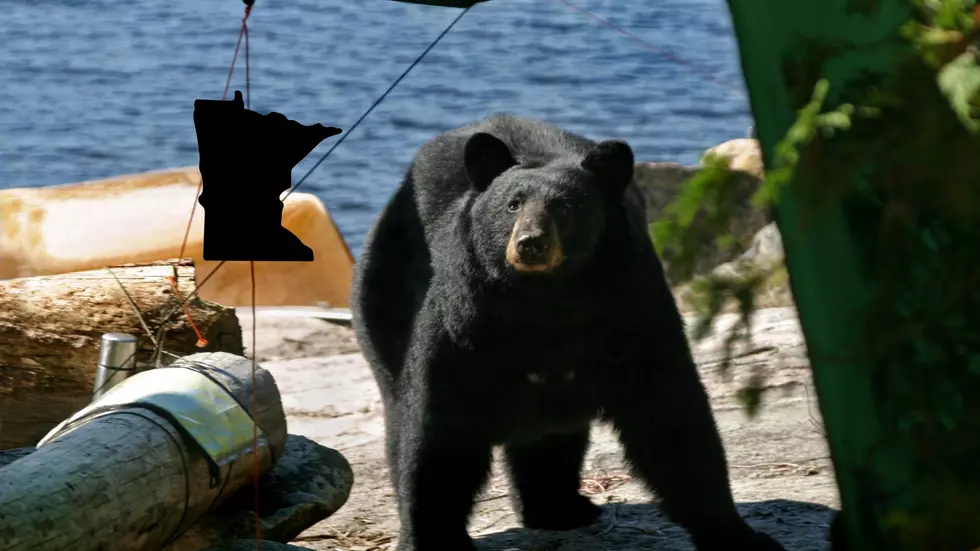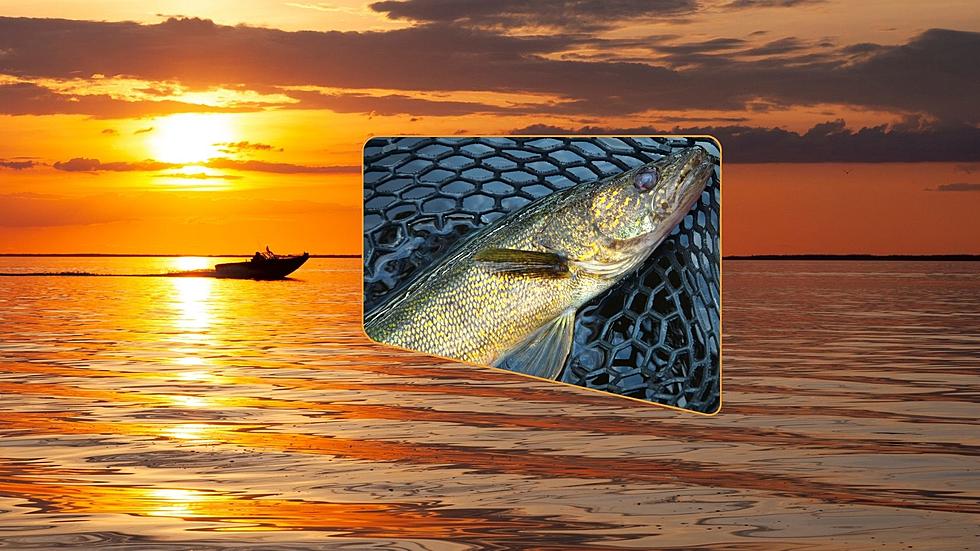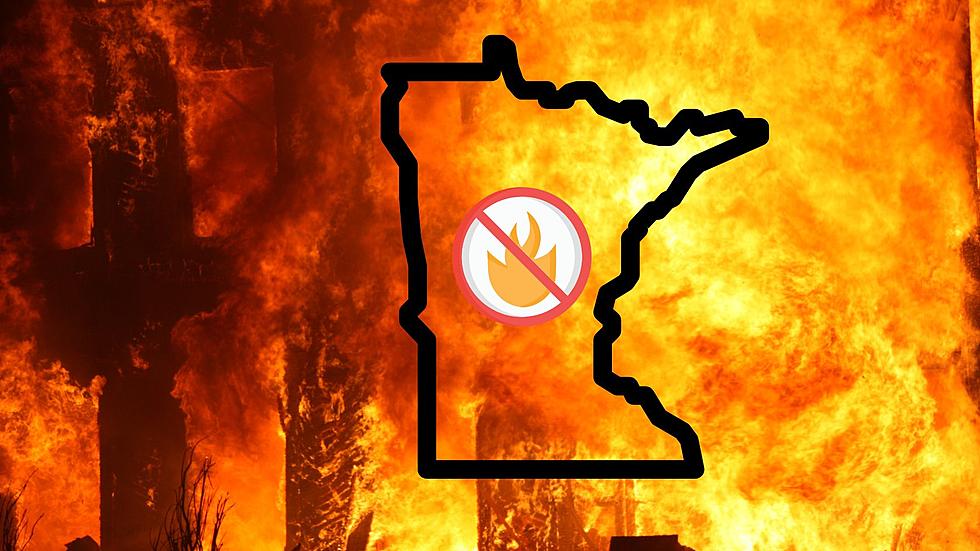
Zebra mussels Confirmed In 2 Metro Minnesota Lakes
If you're planning on heading south to hit a lake and enjoy the beautiful weekend ahead, be warned that there are lakes you'll want to be extra careful with.
Two metro lakes will be designated as infested after the Minnesota Department of Natural Resources confirmed the presence of zebra mussels in them this week, underscoring the need for ongoing vigilance against aquatic invasive species in the state’s waters.
DNR biologists found three of the invasive mussels in Lake Waconia in Carver County, and three in White Bear Lake, which is in Ramsey and Washington counties. Both lakes were investigated after reports from the public.
Last weekend, a local high school science teacher found three zebra mussels while snorkeling around the southeast shore of White Bear, and reported them to DNR aquatic invasive species staff. DNR biologists confirmed the find on Thursday after an extensive search of the area.
The confirmation of zebra mussels in Lake Waconia followed two reports from the public. On Sept. 15, a boater reported one zebra mussel attached to his vessel, which was moored at a private marina on the south end of the lake. On Aug. 30, an angler exiting the lake found zebra mussels attached to aquatic plants on his trailer. DNR biologists subsequently investigating the Waconia reports found no additional mussels at the private marina, but they did find three at the public access on the eastern shore.
In both Waconia and White Bear, the size and location of the zebra mussels found may suggest natural reproduction could be occurring, Lund said. In such cases, control efforts such as the chemical treatment recently tried on Christmas Lake in Shorewood would likely be ineffective.
Zebra mussels are non-native species that can crowd out native mussels and compete for food with other aquatic animals such as larval fish. They attach to boat hulls and other water-related equipment and their sharp shells can create a hazard for swimmers.
Preventing the spread of invasive species takes personal responsibility. Before leaving any water access or shoreland, boaters must remove all aquatic vegetation, dispose of bait, drain all water by removing drain plugs and keep drain plugs out while transporting watercraft. Failure to comply with aquatic invasive species laws can result in stiff fines.
The DNR will post signs about the infestation at both Lake Waconia and White Bear Lake.
People should watch for aquatic invasive species when removing docks, boat lifts, swim rafts and other equipment from the water. If a new infestation of zebra mussels is suspected, the exact location should be noted, a photo taken and a specimen should be kept for positive identification. Call 888-646-6367 or contact a local DNR aquatic invasive species specialist or a fisheries office. Responding quickly to new infestations is critical to curbing the spread into other water bodies.
More information about zebra mussels, how to inspect boats and other water-related equipment, and a current list of designated infested waters is available on the DNR website at www.mndnr.gov/ais.
More From B105
